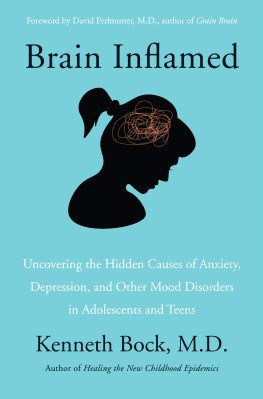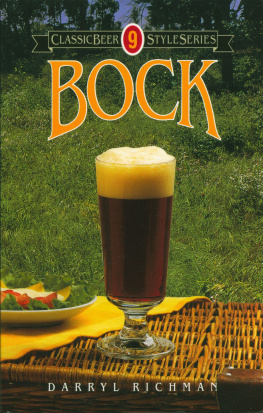This book is a publication of
Indiana University Press
Office of Scholarly Publishing
Herman B Wells Library 350
1320 East 10th Street
Bloomington, Indiana 47405 USA
iupress.org
2022 by Jan-Jonathan Bock
All rights reserved
No part of this book may be reproduced or utilized in any form or by any means, electronic or mechanical, including photocopying and recording, or by any information storage and retrieval system, without permission in writing from the publisher. The paper used in this publication meets the minimum requirements of the American National Standard for Information SciencesPermanence of Paper for Printed Library Materials, ANSI Z39.48-1992.
Manufactured in the United States of America
First printing 2022
Cataloging information is available from the Library of Congress.
ISBN 978-0-253-05885-0 (hardback)
ISBN 978-0-253-05886-7 (paperback)
ISBN 978-0-253-05887-4 (ebook)
CONTENTS
Acknowledgments
1.Introduction: The LAquila Earthquake
The Earthquake and Its Aftermath
Domination and Autonomy
A Disaster Story
The 2009 Earthquake
The State Relief Effort
My Fieldwork Period
Disaster and Citizenship
Chapter Overview
2.The State of Emergency
The World in LAquila
Aquilani and Their Recollections
Narratives of Extreme Events
The Wheelbarrow Protest
Draquila
Confronting the Past
3.Disaster Politics and the War among the Poor
Fieldwork in 2012/2013
Imagining the Future
The 2012 Municipal Elections
The Outsider
More Earthquakes
War among the Poor
Lost Hope
4.Contesting Urban Recovery
A Fragmented Urban Space
Urban Branding: LAquila 2030
A New Auditorium
Opposing Innovation
Materiality vs. Idealism
A Polycentric City
Conclusion
5.Activism and Grassroots Politics
Encounters with the State
Appello per LAquila
Bereavement and Politics
LAquila che Vogliamo
Struggling for Change
Citizenship in Post-Disaster LAquila
6.Culture and Social Recovery
This Is Your Earthquake
The Piazza
Theater
One Thousand Days
I Was Not There
Lilies of Memory
The Piazza and Cultural Recovery
7.Mourning in Court
The Major Risks Commission
The Trial
Political Interference
The Judgment
Memory, Biography, and Legal Scrutiny
Splitting the Community of Mourners
Difficult Legacies
8.Conclusion: A Future for LAquila
Ten Years Later
Bibliography
Index
MANY PEOPLE SUPPORTED ME IN the process of researching for and writing this book, and I am very grateful for their belief in my work. The text is based on the research I conducted for my doctoral dissertation in social anthropology, and I remain grateful to my PhD supervisor, Susan Bayly, at the University of Cambridge for her guidance throughout the writing process and enthusiasm for this project. My faculty advisor, Paola Filippucci, also read many drafts of the dissertation and provided invaluable Italian perspectives on my analyses. Mattei Candea and Mark-Anthony Falzon examined the dissertation and gave me generous and supportive feedback, which helped me in the process of writing this monograph. I would also lik to thank Caroline Humphrey, Michael Herzfeld, Nick Long, and David Nugent for reading early drafts and helping me to develop my ideas further.
The Division of Social Anthropology at the University of Cambridge was an inspiring environment throughout the conception and completion of my research. I would like to thank, in particular, Andrea Grant, Jonas Tinius, John Fahy, Alex Orona, Alex Flynn, Lys Alcanya-Stevens, Sazana Jayadeva, Falk Para Witte, Johannes Lenhard, Steve Schiffer, James Laidlaw, Sian Lazar, Max Watson, Tom White, Paolo Heywood, Jo Cook, Serta Sehlikoglu, Maja Petrovi-teger, Hildegard Diemberger, Joel Robbins, Yu Qiu, Holly High, Richard Irvine, Fiona Wright, Henrietta Moore, Felix Ringel, and Micha Muraswki for many engaging and inspiring conversations.
My college, Peterhouse, supported my PhD research financially, as did the German Business Foundation (SDW). During the doctorate, I made brilliant friends in Peterhouse, Cambridge, and the SDW, and my exchanges with them about the LAquila earthquake and its aftermath helped me refine my thinking, especially with Jack Clearman, Julien Domercq, Jennifer Wallace, Mari Jones, Steven Connor, Stephen Hampton, Magnus Ryan, Brendan Simms, Tim Crane, Saskia Murk-Janssen, Bridget Kendall, Daisy Dixon, Alon Margolin, Giovanni Zappia, Cornelius Riethdorf, Anna Savoie, Fionnbarra de Lsa, Michael Burke, Yi-Shan Tsai, Will Anderson, Stevan Veljkovic, Thomas Probert, Sami Everett, Patrick Wollner, Lucia Rubinelli, Federico Brandmayr, Elisabeth von Hammerstein, David Hohenschurz-Schmidt, Lukas Obholzer, Carlos Dastis, Tina Miedtank, Vicky Pelka, Judith Dada, Natalie Pilling, Jana Hffken, Rike Franke, and Ignacio Prez Hallerbach. I had further illuminating exchanges about this project with Becky Mantel, Nick Dines, David Alexander, Hannah Mayer and her family, Ted Randolph, Austin Tiffany, Dunya Habash, Kitty OLone, Ed Newell, Ulla Braumann, Lea Taragin-Zeller, Rodrigo Garcia-Velasco Bernal, Sharon Macdonald, Piero Vereni, Stefano Portelli, Jonathan White, Cornelia Herzfeld, Andrea Muehlebach, Peter Popham, Miriam Wagner, Shana Cohen, Edwin Cartlidge, Daniel Knight, Stavroula Pipyrou, John Foot, and Robert Gordon.
Above all, however, I want to thank my friends in LAquila. I received the warmest of welcomes in a city partly in ruins whose residents had much better things to do than help me practice Italian and understand the ins and outs of local life. Nonetheless, Aquilani were incredibly generous with their hospitality and made my life in the city much easier. I made many new friends and had the most humbling experiences that have shaped me and stayed with me since.
Alessio supported me from day one and became my closest friend, and I remain grateful to Elvira for introducing me to the city. Many others invited me to their homes and into their lives and shared their stories with me. Among them were: Francesco and Diana; Antonello and Sabina; Vittorio and Iuana; Betty; Ilaria and Luca; Marta and Gianni and their families; Vincenzo and Federico; Massimo; Giustino; Renza; Stefano; Giusi; Walter; Antonio; Dario; Massimo; Michela; Daniela; Alessandro the poet; Lorenzo; Mara; Dimitra; Giulia and Isabella; Matteo; Federica; Mattia; Claudia; Laura; Gloria and Andrea; and Sara, Ivano, Patrizio, and Romina. I want to thank everyone at Ju Boss, Lo Zio, and Matteos. Anna, Marianna, and Lorenza became close friends and helped me make sense of everyday life, as did my friends at VIVIAMO LAq, especially Daniel and Valeria, and their families. I learned about theater and cultural work at E Che Variet, thanks to Giulio, Irene, Giancarlo, and Tiziana. I want to thank the lawyers involved at the Major Risks Commission trial and the engineers and architects from Renzo Pianos building workshop.


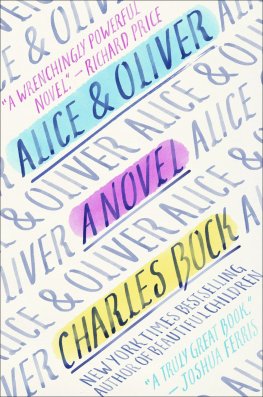
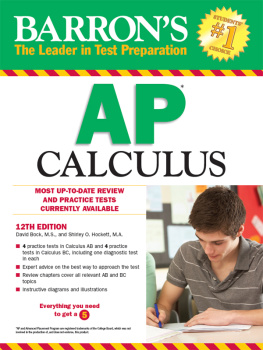
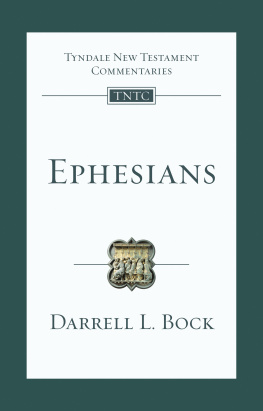
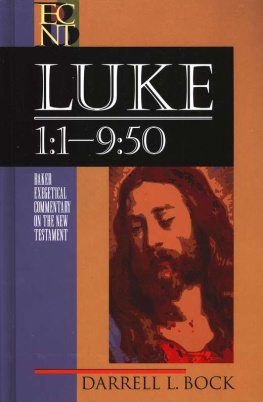
![Lisa Bock - Modern Cryptography for Cyber Security Professionals(2021)[Bock][9781838644352]](/uploads/posts/book/267644/thumbs/lisa-bock-modern-cryptography-for-cyber-security.jpg)
